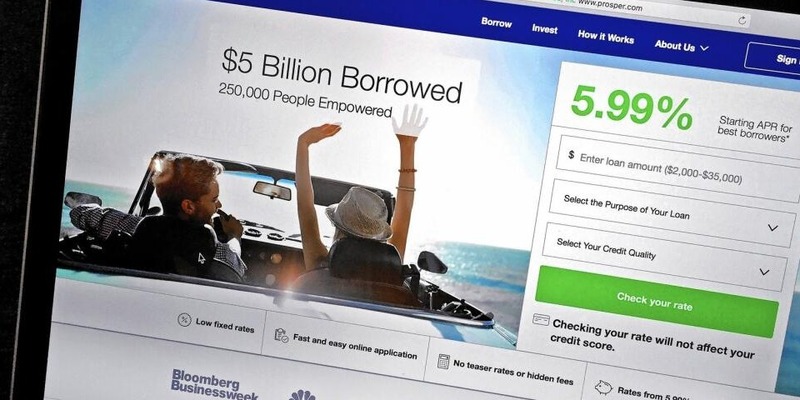Advertising on Google has become a cornerstone for many businesses looking to expand their reach and attract new customers. However, understanding the cost of Google Ads in 2024 can be a bit confusing.

In this article, we'll break down the various aspects of Google advertising costs, from bidding strategies to industry averages, to help you grasp how much it might cost to promote your business effectively.
Understanding Google Ads Pricing
Google Ads operates on a pay-per-click (PPC) model, meaning you only pay when someone clicks on your ad. This can be a cost-effective way to drive traffic to your web, but the costs can vary widely based on several factors. In 2024, Google Ads pricing will be influenced by elements such as competition, industry, and targeting options.
One of the primary factors affecting the cost of Google Ads is the bidding strategy. Advertisers place bids on keywords they want to target, and the amount you bid will impact your ad's placement. Higher bids generally lead to better ad positions, but they also increase the cost per click. Additionally, the quality score of your ad, which is determined by its relevance and performance, can influence your overall costs.
Factors Influencing Google Advertising Costs
Several key factors affect how much it costs to advertise on Google. First and foremost is the industry you are in. Highly competitive industries, such as legal services or finance, often have higher costs per click due to the intense competition for valuable keywords. Conversely, niche markets with less competition might see lower costs.

Another factor to consider is the geographic location of your target audience. Advertising in high-cost areas like major cities can be more expensive than targeting smaller towns or regions with less competition. Your ad's quality score also plays a significant role. Google rewards ads that are relevant to users with higher quality scores, which can reduce your overall costs.
The bidding strategy you choose will also impact your costs. Google offers several bidding options, including manual CPC, enhanced CPC, and target CPA (cost-per-acquisition). Each has its own implications for how much you'll pay per click and overall advertising costs.
Industry Averages and Cost Estimates
To provide a rough estimate of what you might expect to pay, let's look at industry averages. In 2024, the average cost-per-click (CPC) across all industries is around $2.50 to $3.00. However, this number can fluctuate based on your specific industry and the competitiveness of your keywords. For example, in highly competitive sectors like insurance or legal services, CPC can exceed $50, while less competitive industries might see CPC below $1.
The cost of running a Google Ads campaign also depends on your daily budget and how long you plan to run the campaign. A small business might start with a daily budget of $10 to $50, while larger businesses or more competitive industries might allocate several hundred dollars per day.
Tips for Managing Your Google Ads Budget
Managing your Google Ads budget effectively is essential for optimizing your advertising spend and ensuring that you get the most value from your investment. Here are several strategies to help you manage your budget wisely and improve your campaign performance.

Set Clear Objectives
Before launching a Google Ads campaign, it's crucial to define your goals. Whether you're aiming to increase website traffic, generate leads, or boost sales, having clear objectives will guide your budgeting decisions. For instance, if your goal is to generate leads, you might focus on optimizing for conversions rather than just clicks. This clarity will help you allocate your budget more efficiently and measure success more accurately.
Start with a Realistic Budget
When setting your initial budget, start with an amount you're comfortable with and can afford to invest. For small businesses, this might be a few hundred dollars per month, while larger enterprises might allocate thousands. Begin with a budget that allows you to test different strategies and scale up as you see positive results.
Use Google's Budget Tools
Google Ads offers several tools to help you manage your budget. The Budget Planner tool allows you to see how changes in your daily budget could impact your ad performance and costs. Additionally, setting daily and monthly budget caps ensures you don't exceed your spending limits. These tools can provide valuable insights into how adjustments might affect your overall expenditure.
Monitor Performance and Adjust Bids
Regular monitoring of your campaign performance is key to effective budget management. Google Ads provides detailed performance metrics, including click-through rates (CTR), conversion rates, and cost-per-click (CPC).
Analyze these metrics to identify which keywords and ads are performing well and which are not. Adjust your bids accordingly to optimize your spending and improve ROI. For instance, you might increase bids for high-performing keywords while reducing them for underperforming ones.
Implement Automated Bidding Strategies
Google Ads offers automated bidding strategies that can help you manage your budget more effectively. Options like Enhanced CPC, Target CPA (Cost-Per-Acquisition), and Maximize Conversions use machine learning to adjust your bids in real time, aiming to achieve your campaign goals within your budget. These automated strategies can save time and potentially improve the efficiency of your ad spend.
Conclusion
In 2024, advertising on Google remains a powerful way to reach potential customers, but understanding the associated costs is essential for effective budgeting. By considering factors like industry competition, geographic location, and bidding strategies, you can better estimate and manage your advertising expenses. Regular monitoring and optimization will help ensure that your investment in Google Ads delivers the best possible results.
Whether you're just starting with Google Ads or looking to refine your existing campaigns, knowing how much it costs to advertise on Google and how to manage those costs effectively will help you achieve your marketing goals.




